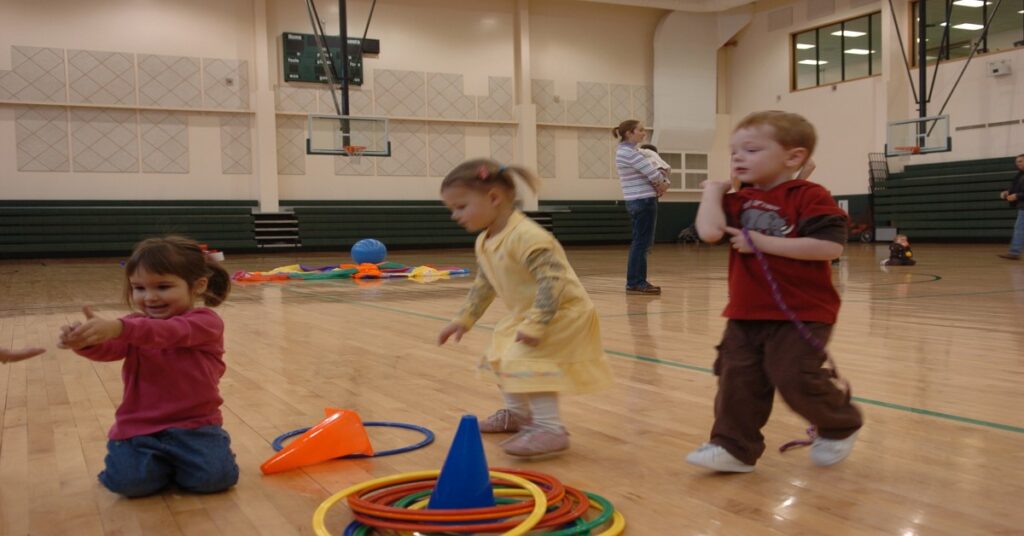10 Beneficial Gross Motor Activities for Preschoolers
Early childhood years are most important for a child’s growth and development (Source- UNESCO). Because these are the foundation years to teach the child the use of body movements to perform everyday functions. These gross motor activities for preschoolers are the focus of our early childhood education programs. At this time, children mostly learn through fun […]
10 Beneficial Gross Motor Activities for Preschoolers Read More »

